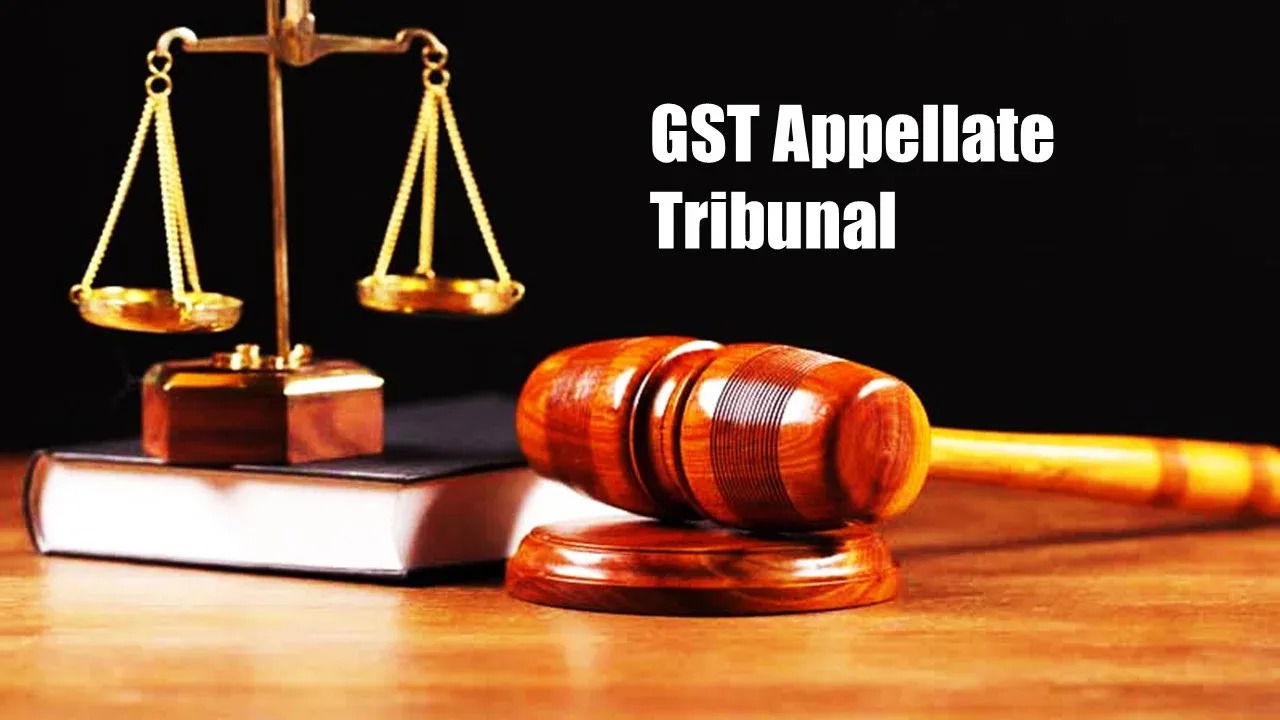GST Appellate Tribunal
The Goods and Services Tax Appellate Tribunal (GSTAT) is a judicial body to provide expedited and expert judgments. Its main purpose is to settle disputes arising from GST-related matters by analyzing cases and delivering judgments. GSTAT acts as a second appellate authority, handling appeals against decisions made by the appellate and revisional authorities.
Current Status and Amendments
GSTAT remains inactive, with the Finance Act of 2023 temporarily assuming its responsibilities. Recent amendments have been made to Section 110 (Appointments of Members and Directors of GSTAT) and Sections 114 and 117. However, discussions are underway at the 50th GST Council meeting scheduled for July 11, 2023, to emphasize the active functioning of GSTAT.
Key Takeaways
- Purpose: GSTAT serves as a judicial body for expedited and expert judgments, resolving disputes arising from GST-related matters.
- Second Appellate Authority: GSTAT handles appeals against decisions made by appellate and revisional authorities.
- Current Status: GSTAT is inactive, with the Finance Act of 2023 temporarily assuming its responsibilities.
- Recent Amendments: Sections 110, 114, and 117 have been amended, emphasizing the active functioning of GSTAT.
- Exclusion of Lawyers: Only judges from high courts or experienced district judges are eligible to become judicial members of GSTAT, ensuring extensive taxation knowledge.
- Jurisdictional Challenges: Section 109(5) poses challenges in allocating jurisdiction for cases related to the place of supply.
- Litigation Relief: GSTAT will reduce the litigation burden on courts, resulting in significant time and cost savings for the economy and individuals.
Exclusion of Lawyers as Judicial Members
An important aspect to consider regarding the GST Tribunal is that only judges from high courts or experienced district judges and additional district judges with a minimum of 10 years of experience are eligible to become judicial members. Even with 10 years of practice in taxation, customs, and central excise, advocates from high courts or the Supreme Court can become judicial members of the Customs, Excise and Service Tax Appellate Tribunal (CESTAT) but not the GST Tribunal. Judicial members of GSTAT must possess extensive knowledge of taxation, given their role as the highest authority in tax-related matters.
Jurisdictional Challenges Regarding Place of Supply
Undoubtedly, the GST Tribunal will alleviate the burden of litigation faced by courts, leading to significant time and cost savings for both the economy and individuals. However, Section 109(5) of the GST Tribunal Act poses a challenge in terms of jurisdictional allocation for cases related to the place of supply.
Conclusion
Many diligent taxpayers anticipate the functioning of the GST Tribunal, primarily due to its ability to expedite the resolution of tax-related disputes. Equipping GSTAT with evolving technology for GST return filing will further enhance its capabilities in resolving tax issues promptly. By leveraging technology, the GST Tribunal can effectively address tax-related matters, benefiting both taxpayers and the overall tax ecosystem.
FAQs
1. What is the GST Appellate Tribunal?
The GST Appellate Tribunal is a judicial body established to hear and resolve appeals related to Goods and Services Tax (GST) disputes.
2. What is the purpose of the GST Appellate Tribunal?
The GST Appellate Tribunal aims to provide an independent and impartial forum for taxpayers to appeal against decisions made by lower authorities under GST laws.
3. How is the GST Appellate Tribunal structured?
The GST Appellate Tribunal consists of a national bench and regional benches, with judicial and technical members appointed to hear and decide on appeals.
4. What types of appeals can be filed with the GST Appellate Tribunal?
The GST Appellate Tribunal hears appeals against orders passed by the Appellate Authority or the Revisional Authority under GST laws.
5. Can a taxpayer represent themselves in front of the GST Appellate Tribunal?
Yes, a taxpayer has the right to appear before the GST Appellate Tribunal either by themselves or through an authorized representative.
6. How does the GST Appellate Tribunal make decisions?
The GST Appellate Tribunal hears both parties, examines the evidence, and applies the relevant provisions of GST laws to make impartial decisions.
7. Is the decision of the GST Appellate Tribunal final?
No, the decision of the GST Appellate Tribunal can be further appealed to the High Court if either party is dissatisfied with the outcome.
8. Can the GST Appellate Tribunal review its own decisions?
Yes, the GST Appellate Tribunal has the power to review its own decisions within a specified timeframe if there is an error apparent on the face of the record.
9. Are the proceedings of the GST Appellate Tribunal open to the public?
Yes, the proceedings of the GST Appellate Tribunal are generally open to the public, allowing transparency and accountability in the decision-making process.
10. How does the GST Appellate Tribunal contribute to the resolution of GST disputes?
The GST Appellate Tribunal plays a crucial role in ensuring a fair and efficient resolution of GST disputes, providing a platform for independent and authoritative decision-making.





